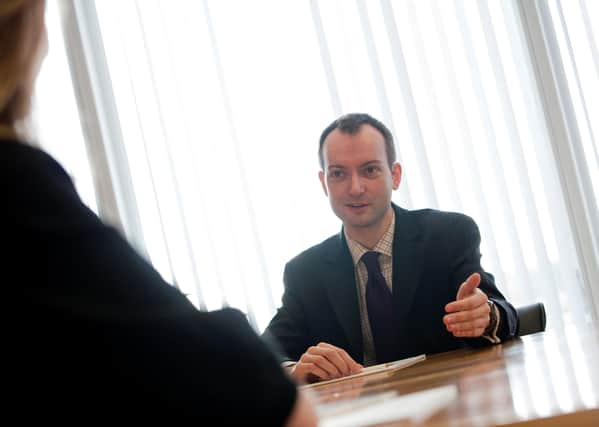These are the pitfalls charities operating in a virtual world should avoid – Gavin McEwan


Charities are moving trustee board meetings and annual general meetings online in response to the coronavirus pandemic; most physical board meetings and AGMs simply cannot take place. But many charities are unsure how they stand legally when managing meetings virtually.
It is fundamental that trustees remain responsible for the control and management of their charity. Legal duties have not gone away because of Covid-19; in many cases they are now even more critical and it’s crucial charities navigate through the inability to meet in person.
Advertisement
Hide AdAdvertisement
Hide AdFirst, trustees must review their charity’s constitution and know and understand the provisions relating to holding meetings and AGMs, timescales for giving notice, the minimum number of trustees that must be present, etc.
Depending on a charity’s legal form and how recently its constitution was updated, trustees may already have specific powers to hold virtual meetings. Even if the constitution is silent on this, the principle of “needs must” may override everything else. That may mean carefully recording the decision to hold a virtual meeting, and being prepared to reconfirm decisions when trustees can meet in person. The Scottish Charity Regulator (OSCR) said it would support charities taking this approach - and that it will act proportionately if it becomes involved later in an inquiry into whether decisions made virtually were valid or not.
The minimum number of people required to attend a meeting (quorum) is normally set out in a charity’s constitution and should be adhered to during virtual meetings. If circumstances mean a quorum cannot be achieved, trustees may need to take steps to amend their constitution, or find some temporary work-around.
All these principles apply to trustee board meetings, but may apply equally to AGMs. Charities with very large memberships, however, may not be able to accommodate a virtual AGM. This could have repercussions, for example approving accounts or voting on important motions or board elections. If the inability to hold an AGM on time holds up approving and lodging accounts, OSCR says charities will not be penalised for late submission. But charities should still try to submit accounts and annual returns on time.
The same applies to accounts to be lodged with Companies House. An extension can be applied for, but every effort should be made to lodge accounts by the deadline. Similarly, if a charity is required to hold an AGM by a certain date or within so many months of the last AGM, OSCR will be ‘understanding and proportionate’ if that cannot be done.
When setting up virtual meetings, charities must choose their virtual platform carefully. It should be simple to access by all attending. Charities may need to allow participation by audio only if some cannot join a video call. The chair should set ground rules for conduct of the meeting to maintain an orderly flow of business. That may mean judicious use of the mute button, but not to stifle legitimate discussion and decision-making.
At all times, trustees should ensure decision-making is robust and recorded as fully as possible, and keep members and other stakeholders informed of key decisions. A relaxing of normal rules on meetings may be inevitable, but there should be no relaxing good governance, transparency, and putting the charity first.
Gavin McEwan is a Partner and Head of Charities, Turcan Connell